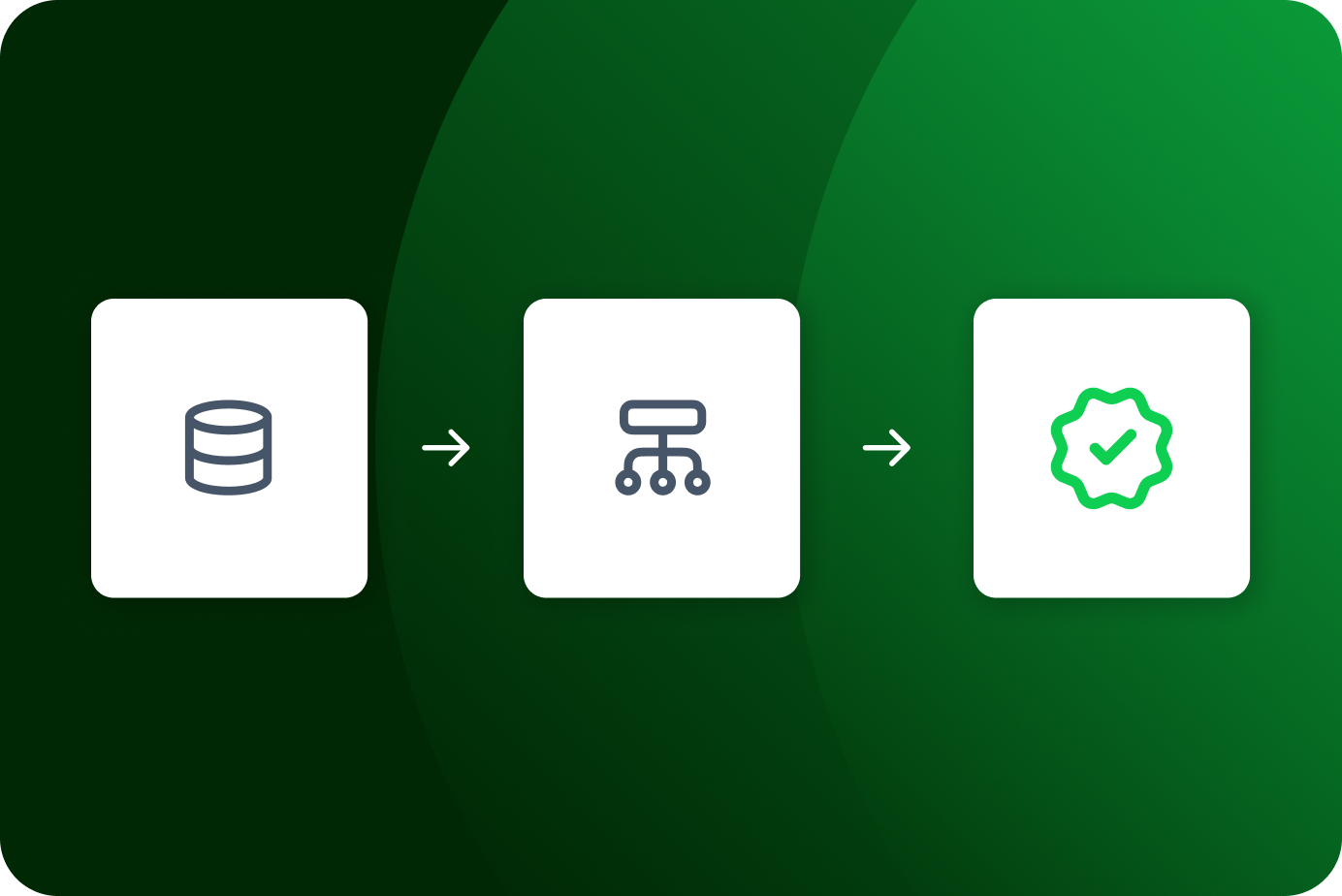Pave, formerly Trove, is pleased to announce its Series A financing led by a16z with participation from Bessemer Venture Partners, Bezos Expeditions, Y Combinator, and others. Kristina Shen will join Pave’s board of directors, and Marc Andreessen will be a board observer.
I didn’t plan on starting a compensation company.
When I was at Facebook, I figured performance reviews were perfectly calibrated assessments of my abilities. And market data was accurate.
However at most companies, this could not be further from reality.
I’ve spoken with hundreds of HR and Finance leaders on compensation. Nearly every one of them describes it as a hand-wavy process.
Three ever-present problems are consistently raised:
- Benchmarking data that’s uploaded manually and incorrectly.
- Aggregating hundreds of spreadsheets for every merit cycle.
- Equity is Monopoly Money for candidates and employees.
Ultimately, however, the most crippling impacts of a broken compensation ecosystem fall on employees:
- Employees have no clue why compensation decisions are made.
- Pay inequities. Women earn $0.81 for every $1.00 earned by men.
- Good people leave.
Status quo benchmarking datasets are manual, which results in labor-intensive, stale data.
Status quo compensation benchmarking surveys are fundamentally broken due to one crucial aspect of how they work — manual, spreadsheet-based upload.
It might be helpful to describe the typical story of how a mid-market company participates in a compensation survey.
First, a compensation survey provider knocks on your door and insists that you fill out a spreadsheet if you would like their data. You ask your team to send you data pulls from your Cap Table and HRIS or Payroll.
You spend late nights merging employee records from different data pulls while making sure to capture the correct values for equity.
Almost there, right? You ship off your first spreadsheet.
Wrong! You inevitably have filled out the spreadsheet incorrectly because you recorded employees’ levels according to the wrong job level schema.
Now, you receive a $100k invoice.
Months later…the data finally arrives. Hooray.
Except, now the labor market is different. Covid-19 and remote work have flipped hiring trends upside down. But, this 2019 slice of data is the best thing that you have until it’s time to do it all over again.
Every. Single. Year.
Manual, spreadsheet-based compensation surveys have been this way since the ’70s, and they have hardly changed since then.
For employees, this means that crucial compensation and career path decisions are defined by finger-in-the-air datasets.
Compensation planning and merit/promotion cycles are cumbersome and subject to manager bias.
Most customers I talk with groan when they hear “merit cycle” or “compensation review.”
For the majority of companies who still run their planning with Google Sheets, the status quo process is cumbersome, error-prone, and scary.
Here’s how it generally works today as an HR leader:
- You pull reports from multiple disparate systems, such as Carta, BambooHR, and Lattice.
- Then, you spend days creating formulas based on tenure, performance, location, and level.
- You pull an all-nighter creating 76 sub-spreadsheets for each of your 76 managers who need to engage in the review.
- And then, you deal with 76 sets of conversations, all offline. Perhaps in email. Or perhaps in Slack. Then, you splice them into a master file.
- Finally, it’s time to manually upload the decisions one-by-one back into Carta and BambooHR.
- If one person’s compensation changes or if the CFO commands a new budget, you must update all 76 spreadsheets, one-by-one.
You do all of this with no finance background and with a nervous twitch for every keystroke. Because one wrong email to the wrong person means disaster.
The wrong compensation data in the wrong hands could ruin internal culture and cause you to lose your job.
If you are an employee, it’s terrifying to think that the future of your compensation hinges on the success of 76 compensation spreadsheets.
Companies struggle to transparently highlight the upside value of compensation for each candidate and employee.
Equity compensation is like Monopoly Money.
Earlier this year, I talked with hundreds of employees. Bottom line?
“I view my startup stock options as worthless because it feels like my company doesn’t care about helping me understand them.”
The average tech employee receives an offer letter. They start Google searching on Investopedia. “What are stock options?”
They see some lengthy articles and think, “I’m not a Finance major. I just want to do my job. Maybe my FAANG offer — 100% cash and liquid shares of a public company — is less stressful.”
If the person is lucky, they reach out to family members or friends asking for guidance about their equity compensation. They’re fortunate to have energetic supporters who all lend their opinions.
However, they hear many opinions that conflict. Exercise windows. AMT obligations. Long-term capital gains strategies. Everyone looks at it differently. It is the blind leading the blind.
The tech employee never makes it to your company. They sign with Facebook.
A five person company may compete against Fortune 500 companies for talent. And employees are doing apples to oranges comparisons.
A Pave Future of Transparency and Fairness
The common theme behind every problem with compensation today? Manual, stale data and processes.
Pave’s core business revolves around one thing. Real-time integrations with your HRIS, ATS, and cap table software.
Integrate your systems in five minutes, throw away spreadsheets for life.
From there, customers can do many more things.
You can see real-time compensation benchmarking data that isn’t outdated and doesn’t require manual uploads.
You can plan compensation from a centralized visual hub where data is updated instantly instead of managing 76 spreadsheets.
You can eliminate confusion around equity by visually communicating total rewards to employees.
We do all this with the vision of achieving two larger company goals:
- Transparency. We want companies to have real-time access to 100% valid, factual market data, and we believe that companies should be equipped to demystify compensation.
- Fairness. Compensation decisions should be rooted in merit. The context behind decisions should be shared and help guide continued career development for employees. Communication should be streamlined and accessible for all stakeholders to ensure that the loudest voice in the room or person with the most power is not the only one making pivotal compensation decisions.
We invite you to join the movement.
Matt Schulman is CEO and founder of Pave, the complete platform for Total Rewards professionals. Prior to Pave, he was a software engineer at Facebook focusing on user-centric mobile experiences. A self-proclaimed "comp nerd," Matt is known for sharing data-driven thought leadership around all things compensation and personal finance.
.avif)







